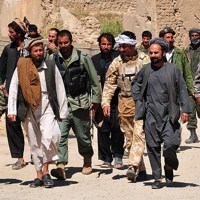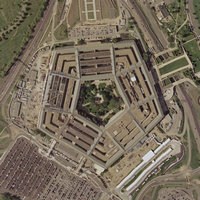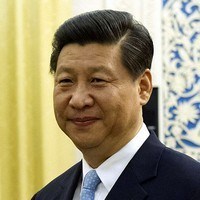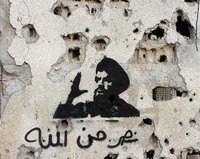
Earlier this month, U.S. Marshals arrested Indian diplomat Devyani Khobragade, who was serving as the deputy consul general at the Indian Consulate in New York City. She was accused of committing visa fraud to bring a domestic worker into the United States and of paying the worker less than the minimum wage. The arrest led to a strong rebuke from the Indian government, which disputed the charges and objected to the way in which the arrest was carried out. Commentators in the Indian media have also reacted harshly. In addition to cancelling certain privileges for U.S. diplomats, the Indian government […]
















